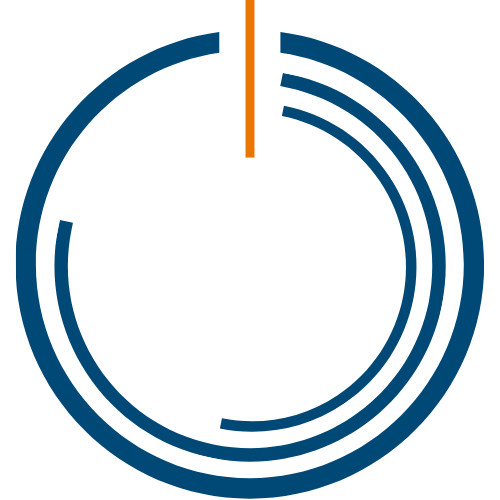2 min read
Caffeine is that trusty sidekick many of us rely on to jump start our day, get through meetings, and power through late-night study sessions. But have you ever wondered when the best time to consume caffeine might be? Let's dive into the science behind when to drink your coffee, tea, or energy drinks for maximum alertness and performance.
Cortisol and Coffee: A Synchronized Dance
Cortisol, often dubbed the "stress hormone," plays a pivotal role in our daily rhythm. This hormone influences our alertness, focus, metabolism, immune response, and blood pressure. It follows a natural sleep-wake cycle, surging 30–45 minutes after we wake up and tapering off as the day progresses.Given this cortisol dance, some experts suggest that the prime time for caffeine consumption is mid- to late-morning, when cortisol levels are lower. For those early birds who rise at around 6:30 a.m., this would mean somewhere between 9:30 and 11:30 a.m. This strategy is thought to enhance the energizing effects of caffeine.
However, it's essential to note that there are no definitive studies proving the superiority of this delayed coffee ritual over enjoying your caffeine fix immediately upon waking. In fact, caffeine-induced cortisol spikes seem to be less pronounced in habitual caffeine consumers.
The potential benefit of delaying your morning caffeine intake lies in optimizing your body's natural rhythms, not in any groundbreaking energy boost. So, if you're a sunrise coffee enthusiast, you're not causing harm by sipping your brew right away.
Maximizing Caffeine for Alertness: Three Key Moments
1. Morning Bliss: Mid-to-Late Morning (9:30 - 11:30 a.m.)

If you're open to tweaking your caffeine routine, you might find that holding off on that morning coffee rush until later gives you a more sustained and effective energy boost. This slight delay syncs up with your cortisol levels, enhancing alertness, focus, and overall vitality. Take your caffeine with food. Consuming caffeine on an empty stomach causes the caffeine to have a spiked effectiveness that will not last as long. Food allows you to metabolize the caffeine more slowly.
2. Pre-Workout Elixir: 30-60 Minutes Before Exercise

Planning a workout? Caffeine can be your secret weapon. Consuming caffeine about 30-60 minutes before you hit the gym or embark on any physical activity can boost your physical strength, cardiovascular endurance, and muscle performance. It's like a natural performance-enhancing drug. Optimal doses vary, but generally, 3-6 milligrams of caffeine per kilogram of body weight is an effective range.
3. The Coffee Nap: A Surprising Pick-Me-Up

If you're looking for a double punch of energy and alertness, the "coffee nap" is a unique strategy. Here's how it works: Consume a caffeinated beverage and then take a quick 20-minute nap. Caffeine typically takes 20-30 minutes to kick in, so you'll wake up refreshed, reaping the benefits of both caffeine and a power nap. This combo can be more rejuvenating than a regular nap alone. Pro-tip: to fall asleep quickly, elevate your feet above your head. Elevated feet smooths blood flow, which triggers faster sleep than normal.
A Nighttime No-Go Zone: Avoiding Caffeine Before Bed
Caffeine is a potent stimulant, but it can wreak havoc on your sleep if consumed too close to bedtime. Research has consistently shown that consuming caffeine before bed reduces the total amount of sleep you get and impairs the quality of your rest. Even if you're sipping coffee or energy drinks up to six hours before bedtime, it can interfere with your precious slumber.
In summary, timing is everything when it comes to caffeine consumption. While the immediate boost upon waking isn't detrimental, delaying your caffeine intake until mid to late morning might offer a more extended energy lift. Consider pre-workout caffeine to enhance your physical performance, and experiment with the surprising "coffee nap" to stay alert and refreshed. However, remember to steer clear of caffeine before bedtime for the sake of a good night's sleep. Ultimately, caffeine is a versatile tool that, when used wisely, can supercharge your day.

